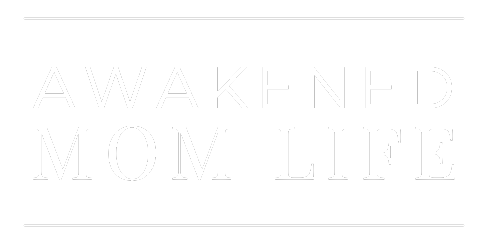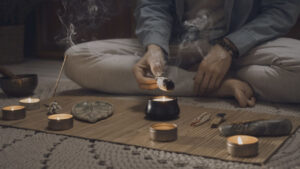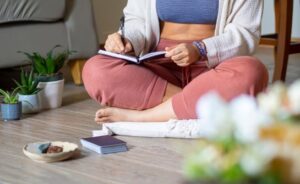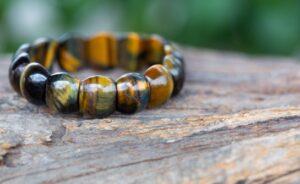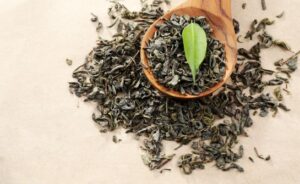I woke up this morning feeling bloated and icky. One thing I know very well about myself is that my diet directly mirrors how I feel emotionally—last night, I ate pepperoni and sausage pizza. I’ve been on a healing journey for a long time, and my relationship with food has improved. But when I feel hopeless and alone, I eat carbs.
In the past, when I overindulged in comfort foods, I did it mindlessly. Now, that’s not the case. I am very aware that when I overeat and when I eat foods, that will hurt me. So, why do I continue to do it?
Deep down, I still feel very alone in this world, and that’s a very real fact. I don’t feel like I have the support that I deserve in life. I’ve learned to listen to my body and to trust its wisdom to help me heal, but my overriding emotional pain of feeling alone isn’t something I can simply pretend isn’t happening.
Our Body is Leading the Way
When it comes to being on a trauma-healing journey, your body is leading the way one way or another. For the past few days, I have been sick (probably a sinus infection) and experiencing PMDD symptoms. All of the hormonal fluctuations, on top of feeling emotionally neglected, are something that my body is going to react to whether I logically want to or not.
So, I woke up this morning feeling that pang of regret, knowing I abused my body last night by eating all that pizza (and following it up with chocolate). But today, I’m doing something a little differently as I work to heal.
I am not starting the morning with coffee, which is an indulgence for me because I’m very sensitive to caffeine. I am tuning into my body and taking myself off autopilot to give my body what it needs this morning. It’s important to mention that I’m doing this with love and grace for myself—not out of obligation or guilt. I realize my body was leading the way to carb overload as a way to try to help me yesterday.
What Are You Hungry For?
When we overeat, we are actually filling a need. Typically, the need is not for food; it’s for something far deeper. Our favorite comfort foods create a dopamine rush. Do you know that happy feeling you get when you feel loved, safe, and comforted? That feeling when you watch your favorite movie or even play with your dog?
When we have an eating disorder rooted in trauma—yes, overeating included—it typically stems from a deeper, unmet need for connection, safety, or validation from another human being. Eating becomes a substitute for that connection, a way to soothe or protect ourselves when those needs feel unattainable. It’s not about the food itself; it’s about the emotional void we’re trying to fill or the safety we’re trying to recreate.
Can You Have Grace With Yourself?
I woke up this morning, and instead of being on autopilot angry at what I ate, I allowed myself to realize, “This sucks; I’m sad and sick of feeling so alone.”
That’s a very valid feeling, and my body reacted to it.
Should I beat myself up for my body trying to help me? No.
This morning, I allowed myself to sit with the emotions of pain and feeling alone once again. This isn’t new, and it’s not something I have immediate control over to fix. It’s been an ongoing situation of trying to figure out life while working through rebuilding a life built from trauma.
So, as I woke up and felt that immediate pang of guilt and regret, I sat with it.
“Where is this coming from? Oh yeah, I’m angry because I’m sad and feel like I deserve to be treated better. That’s absolutely valid.”
So, I made the choice to grab my detox tea and start journaling my thoughts right here. As I play with my dog, I’m giving myself permission to feel whatever emotions come up. Today, I actually feel a bit more balanced—maybe my hormones are settling, and my body is working through the PMDD and possible sinus infection. Or perhaps I’ve done enough healing work to finally let go of judging the ebb and flow of progress. Either way, I’m leaning into this moment of clarity and peace. This is what it means to trust your body. It’s not a one-and-done thing; you won’t be perfect.
I encourage you to release the shame that often accompanies the healing process. Listening to your body is a skill that takes time to develop, and there will be moments when you follow your body’s guidance and cope in ways that may not seem “healthy.” But remember, those responses are your body’s way of trying to protect and support you with the tools it has. Healing is about cultivating awareness—acknowledging all the ways we’ve learned to survive—and gently guiding ourselves toward choices that truly nourish and sustain us.
You got this.

